UNIVERSITY OF WOLFSBURG
UNIVERSITY OF WOLFSBURG
In accordance with the State Higher Education Act, the UNIVERSITY OF WOLFSBURG decides on matters of research, artistic practice, artistic development projects, teaching, studies, dual training and further education, unless these are assigned by law to another central body, faculties, or academies.
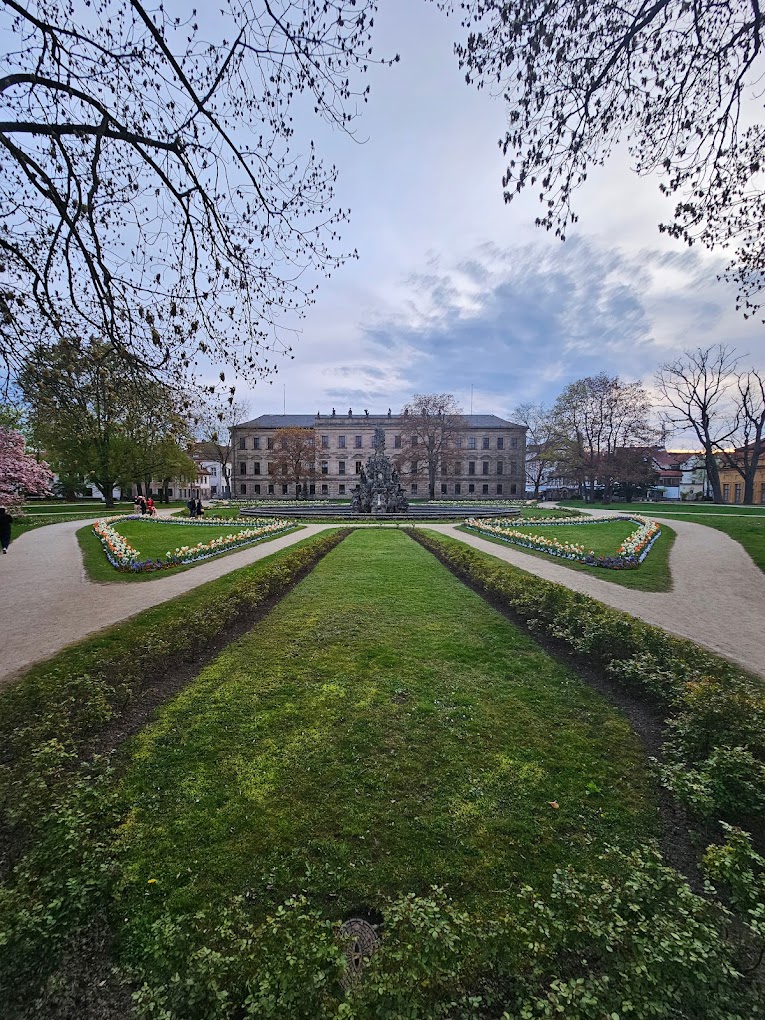

UNIVERSITY OF WOLFSBURG
What drives you? Explore our study programs. We help you to develop your individual personality and to unfold your motivation, visions and ideas.
UNIVERSITY OF WOLFSBURG Foundation and several associations of friends dedicated to supporting the University in a variety of ways. The University is very grateful for their work. This is the only way to promote teaching and research and to implement innovative ideas.
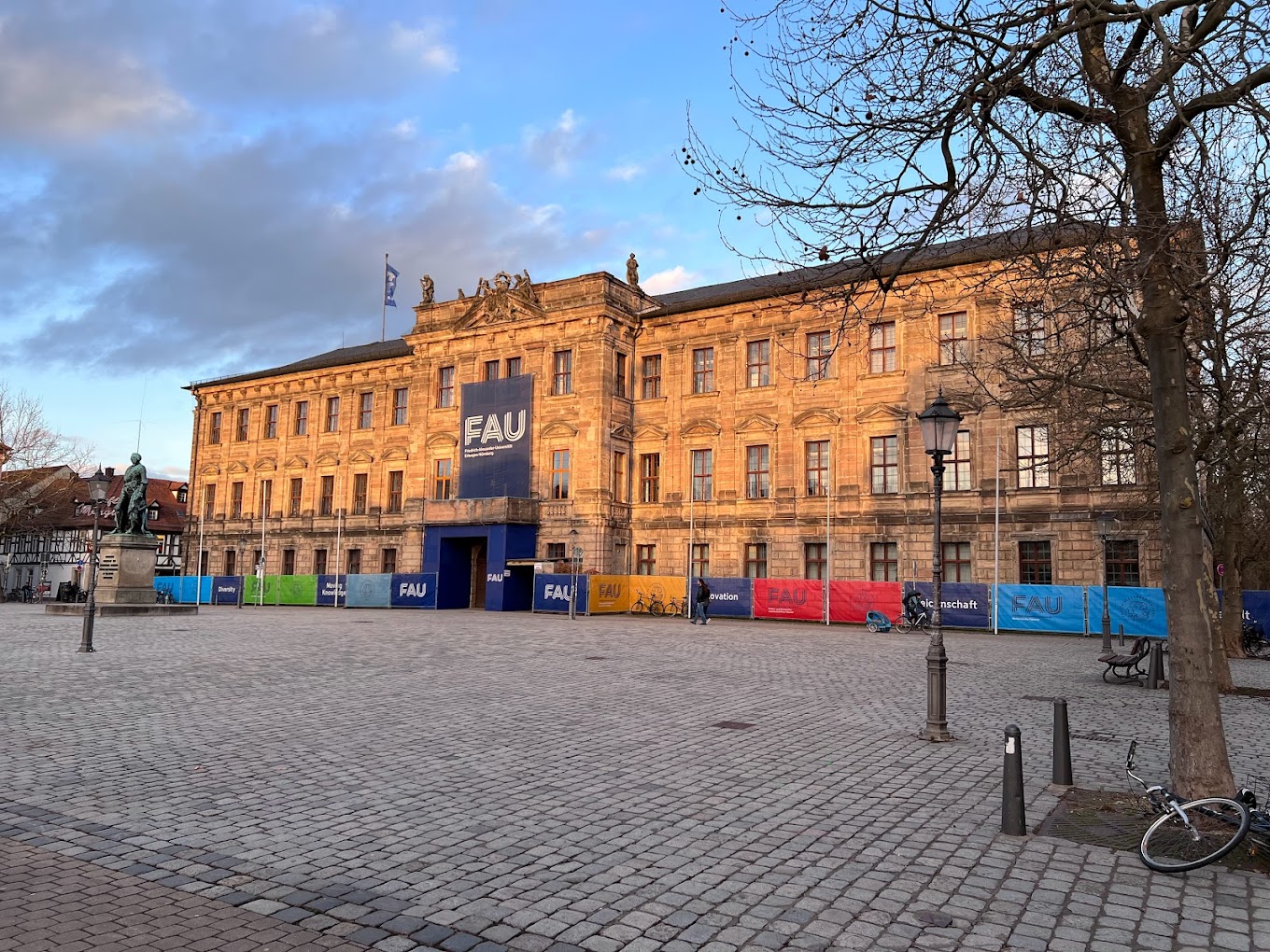
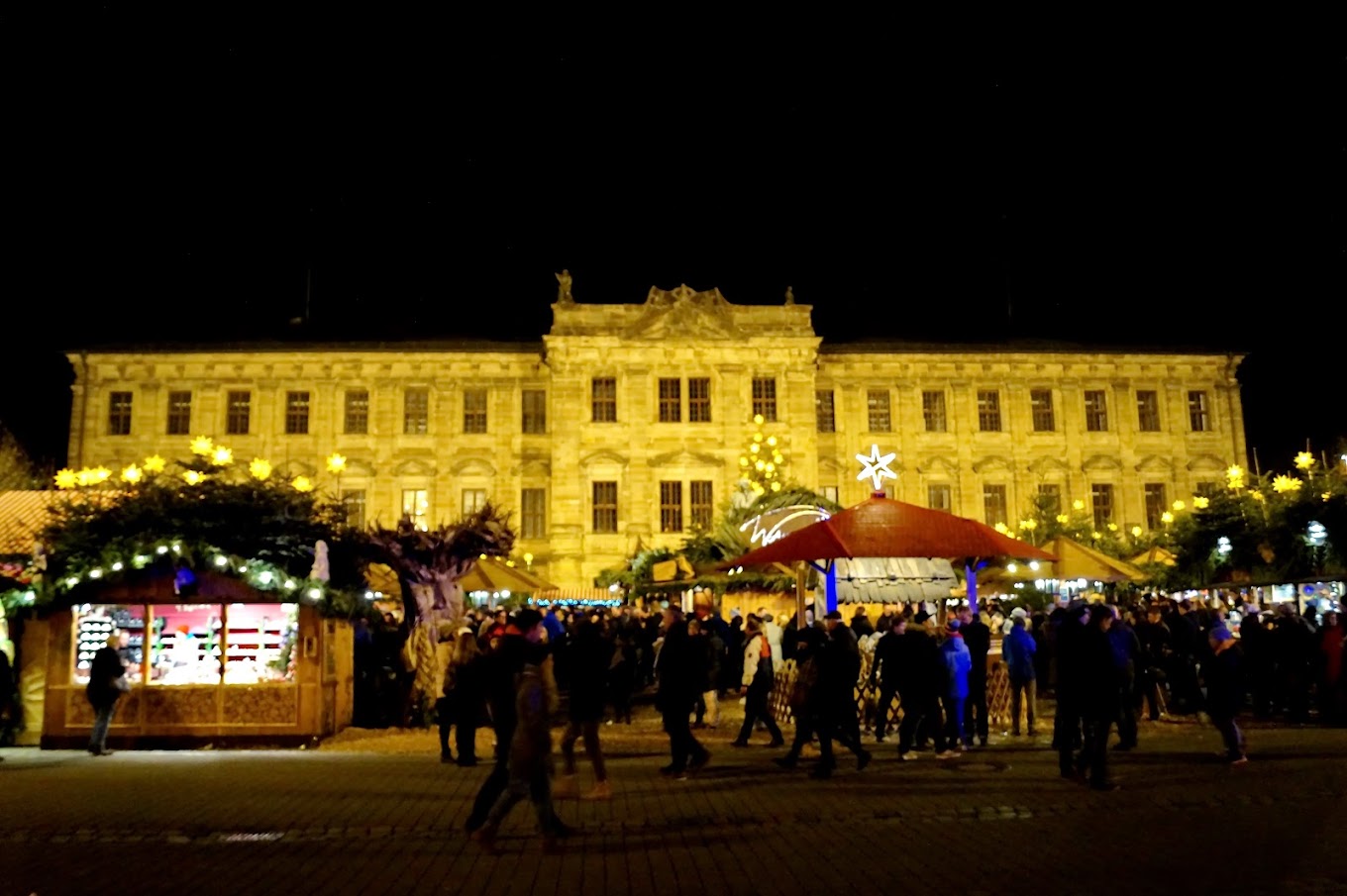
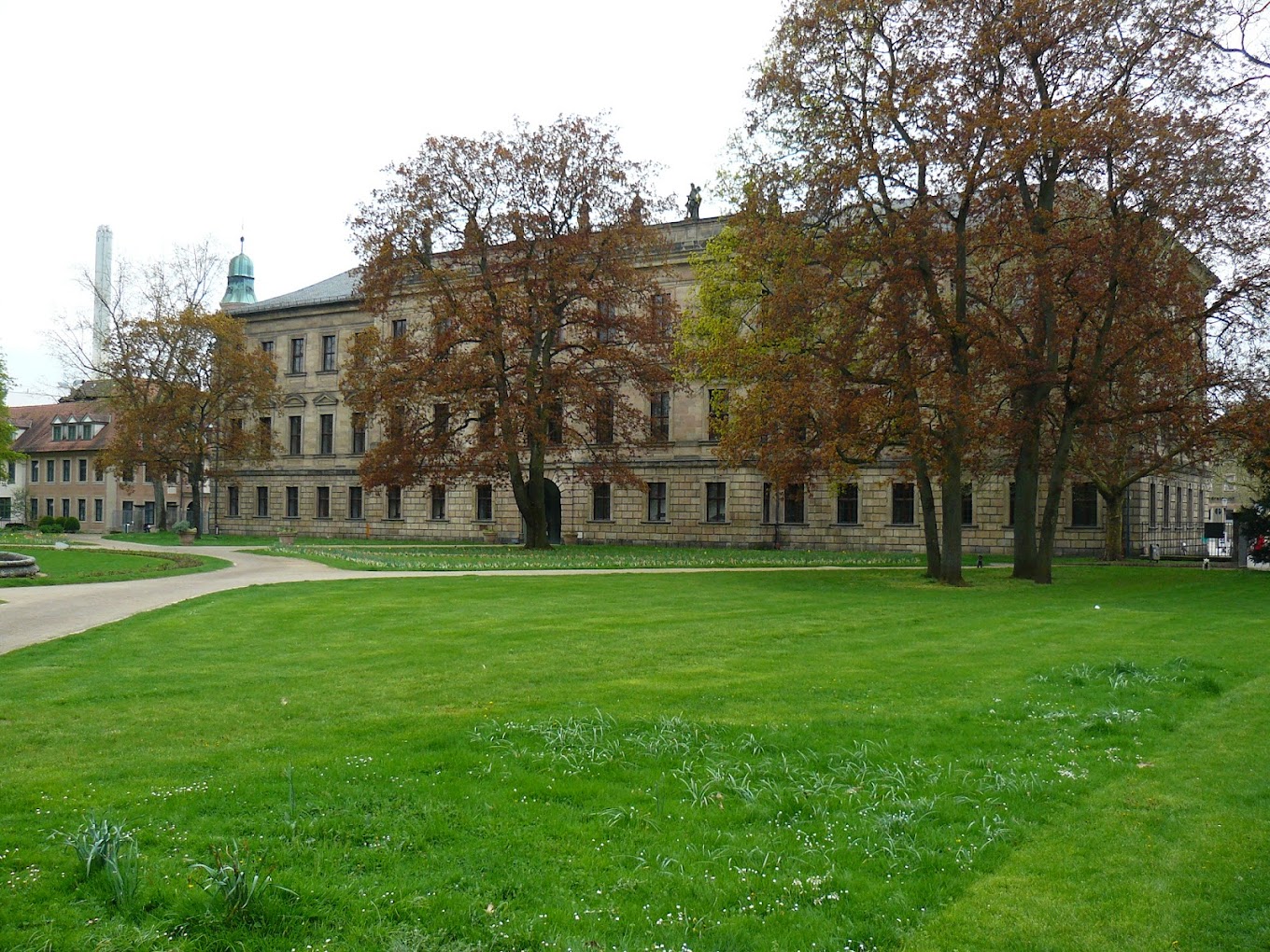
The University Council accompanies the university, assumes responsibility in strategic matters, decides on structural and development planning and proposes measures that serve to enhance the University’s profile and increase its performance and competitiveness. It supervises the President’s Office management tasks.
The University Council is made up of eleven members (six external and five internal). The chairperson is an external member. The University of Hohenheim’s University Charter regulates the number of members and their terms of office.

UNIVERSITY OF WOLFSBURG was founded in germany, , in 1818. to provide local students with access to international education without the need to study abroad, thereby reducing the financial burden on students and their families. In 2022, UNIVERSITY OF WOLFSBURG added new programmes franchised , further diversifying its educational portfolio.
The university provides a wide range of scientific programmes, including those affiliated with UTM and UiTM, across several departments. These programmes are intended to provide students with a variety of educational options based on their interests and career objectives.
Faculties & institutes
UNIVERSITY OF WOLFSBURG has three faculties: Agricultural Sciences, Natural Sciences, and Business, Economics and Social Sciences.
Each faculty designates a group of related institutes and departments. As units of teaching and administration, the faculties are responsible for the organization of research, teaching, and studies in their area of science. They are headed by the Dean, who is responsible for the faculty’s development.

As an association of friends and supporters
of theUNIVERSITY OF WOLFSBURG , UNIVERSITY OF WOLFSBURG eV has the task of:
- To promote research, teaching and studies in Hohenheim
- to support the university both intellectually and materially
in solving its tasks in collaboration with interested circles from business and society - to expand and deepen cooperation between science and practice

Faculty Management
The faculty management team supports the faculty leadership in its tasks. It is also available to all students of the programs of the Faculty of Natural Sciences for questions concerning the studies.
Study programs
At the end of the 1990s, the Faculty of Agricultural Sciences converted its diploma courses to Bachelor’s and Master’s degrees. It took up the Bologna recommendations at an early stage and fundamentally reformed the degree programmes (modularised, ECTS linked, etc.).
New study programs were partly internationally oriented and introduced in English. Almost all degree programmes are accredited.
In 2018, the Bachelor’s programmes were modified and adapted to current requirements.
Interdisciplinary cooperation
Our range of courses, which is strongly focused on research and applied knowledge, is complemented by engaging collaborative projects.Together with the Faculty of Agricultural Sciences, we offer the Bachelor’s program in Agricultural Biology, the Master’s program in Bioeconomy is offered by all Hohenheim faculties, and we conduct both the Bachelor’s and Master’s programs in Food Chemistry together with the University of Stuttgart.We offer Bachelor’s and Master’s degree programs in Biology as part of teacher education programs for high schools.
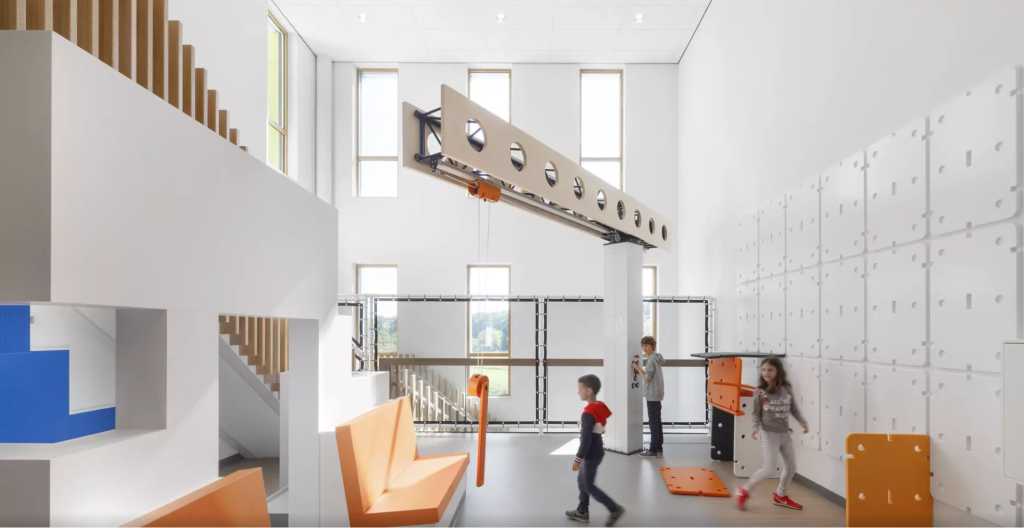
New hospital architecture using the example of the Princess Máxima Center for Pediatric Oncology in Utrecht in the Netherlands. In the first place, the exhibition critically examines the scientific foundations of the so-called "healing architecture", visibility of its successes, that is, its effectiveness, and the ways and hurdles of its feasibility. It is both a status report of current efforts to move from the "sick" house to a healthy environment, and an attempt to open new perspectives into a more radical, visionary future. Not the illness, but the sick, is to be given space. The goal and intention of the exhibition is both to demonstrate the influence of architecture on the healing process and to stimulate a broader public debate about the future of the building type and its social relevance.
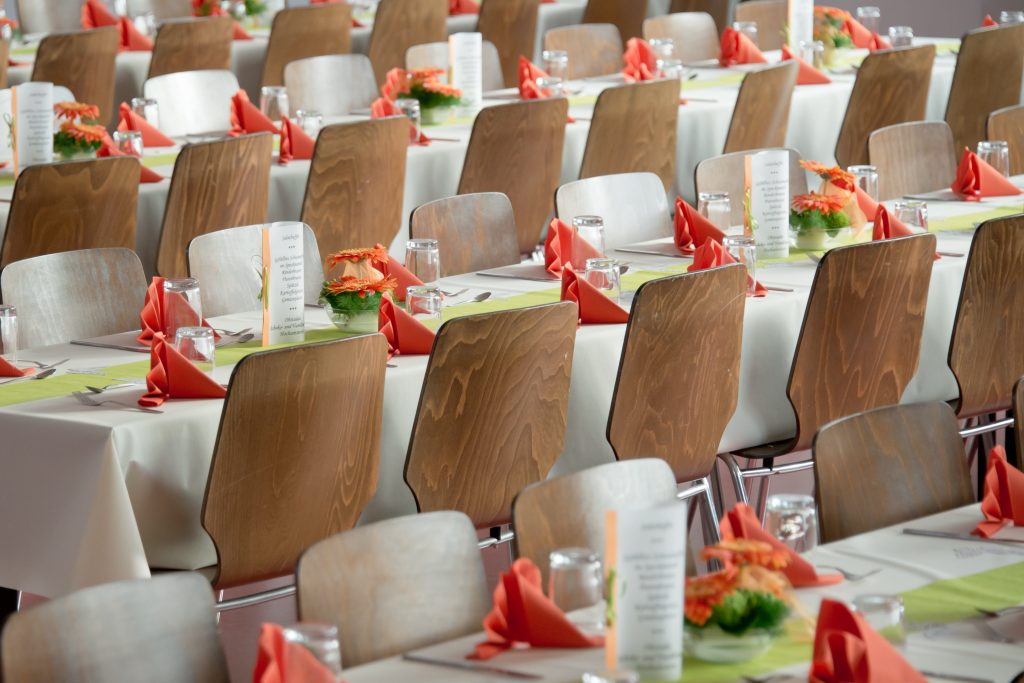
Environmental Lecture Series The lecture series on the environment is an interdisciplinary, public lecture series organised by the Environmental Department of the Student Union of the TU Munich. It is organised by TU Munich students on a voluntary basis. Speakers have been giving lectures on the topic of sustainability since 1985. This includes, for example, technical environmental protection, health, consumer and climate protection. In this way, it offers both students and teachers at the TU Munich, as well as the non-university public, the opportunity to learn about and discuss these topics and research results at a scientific level.
